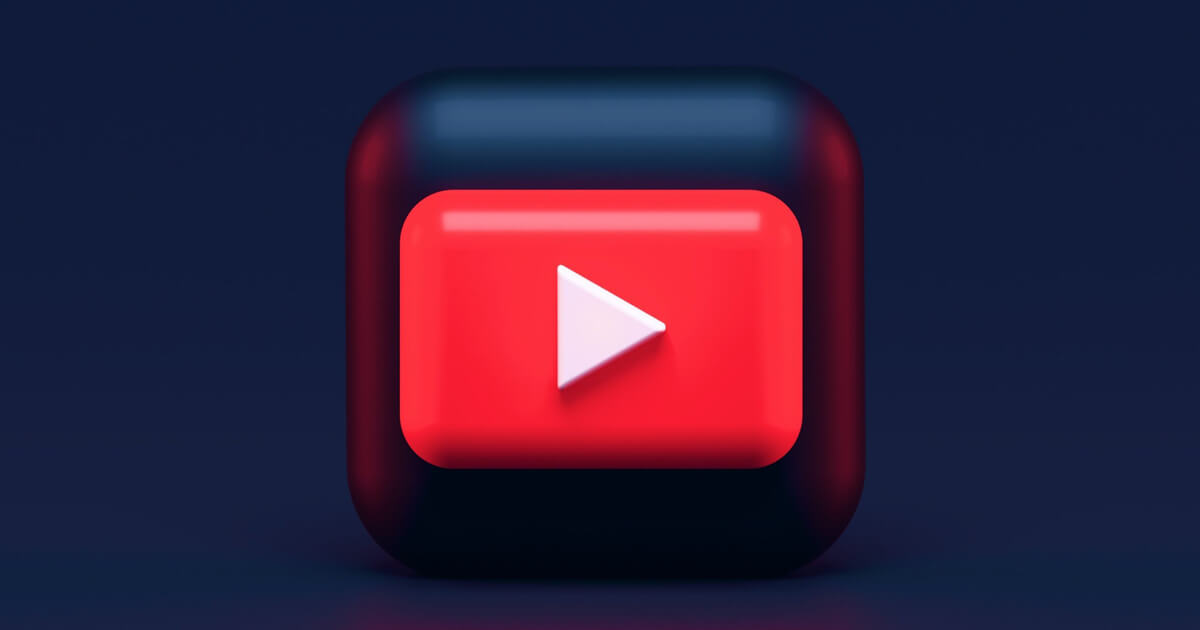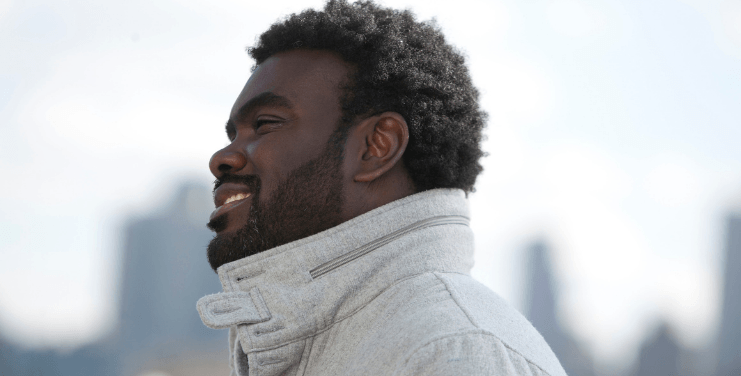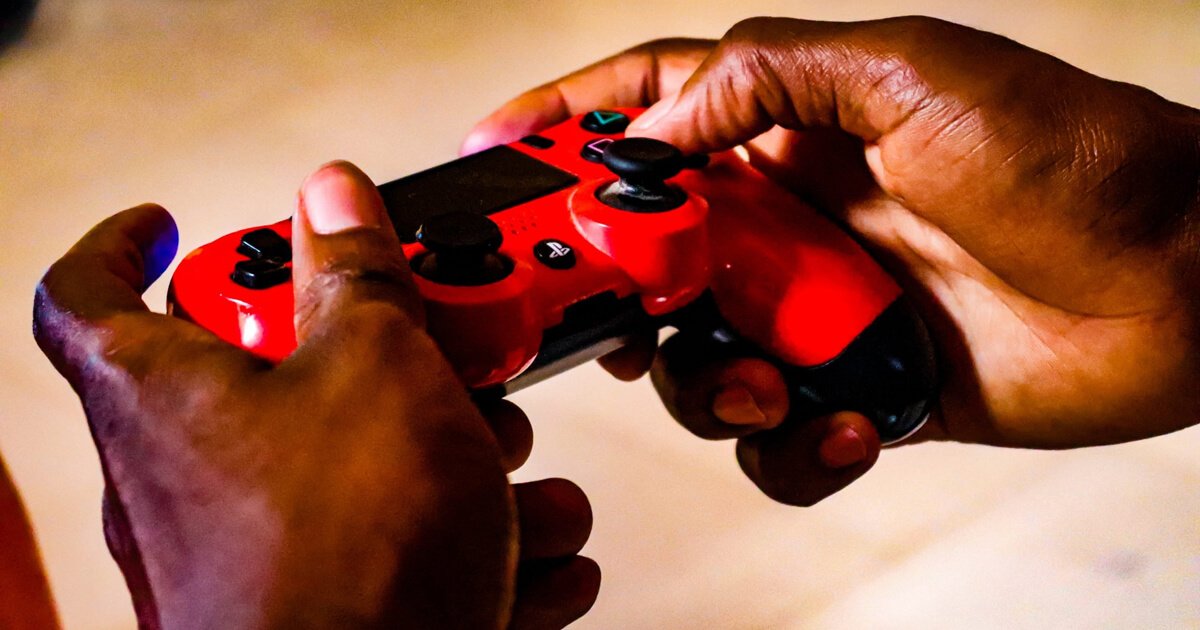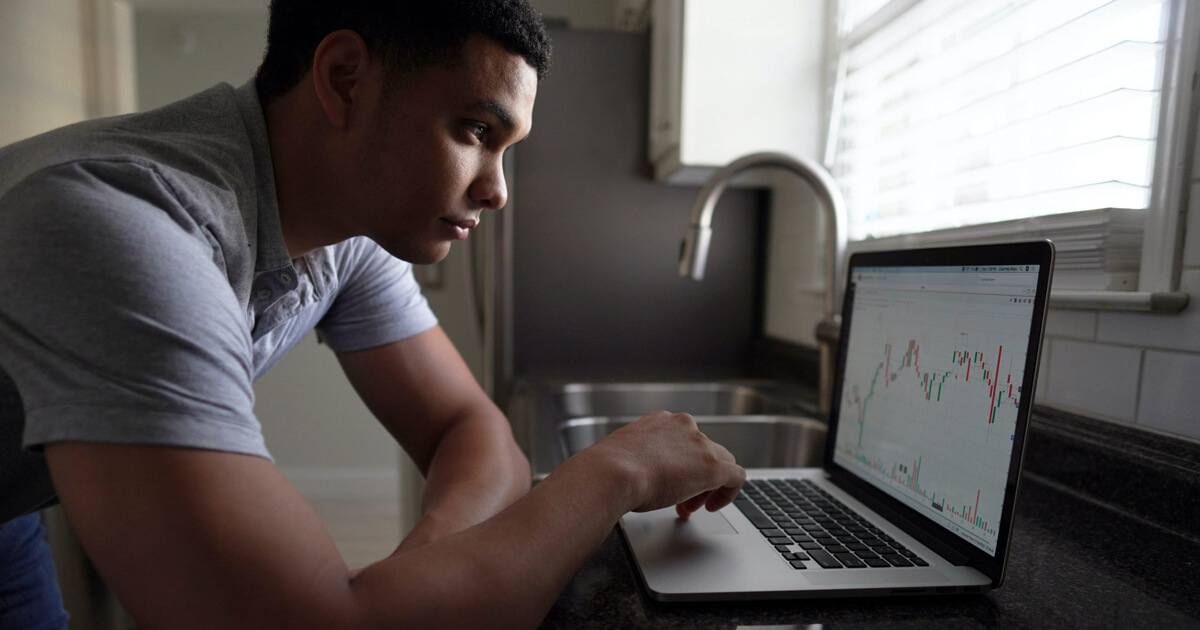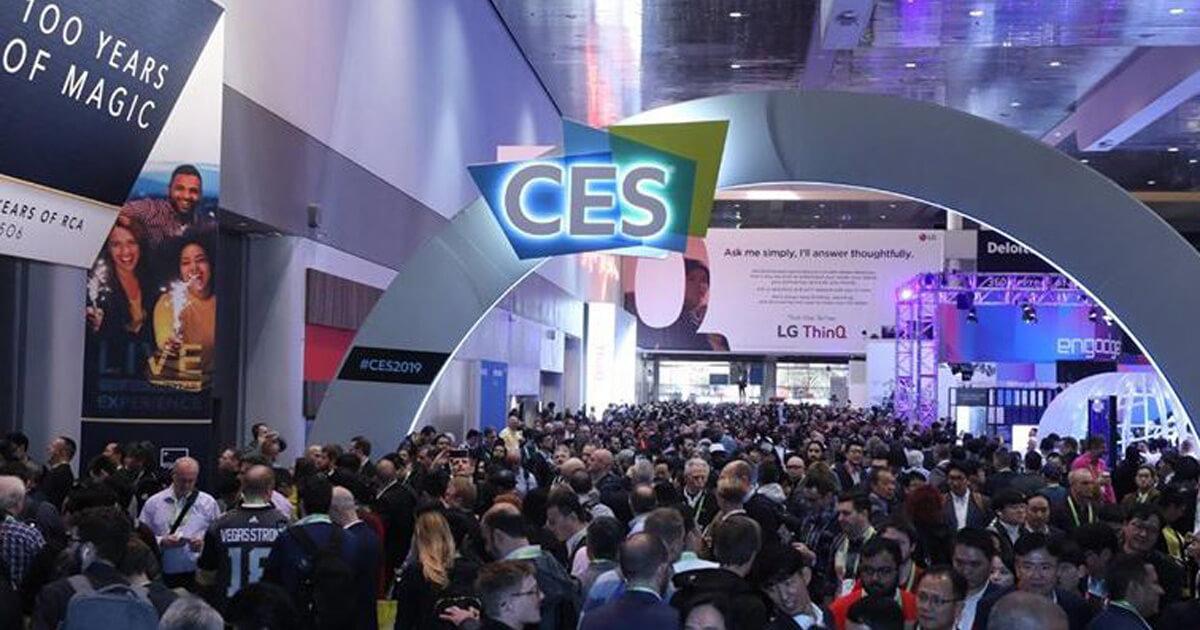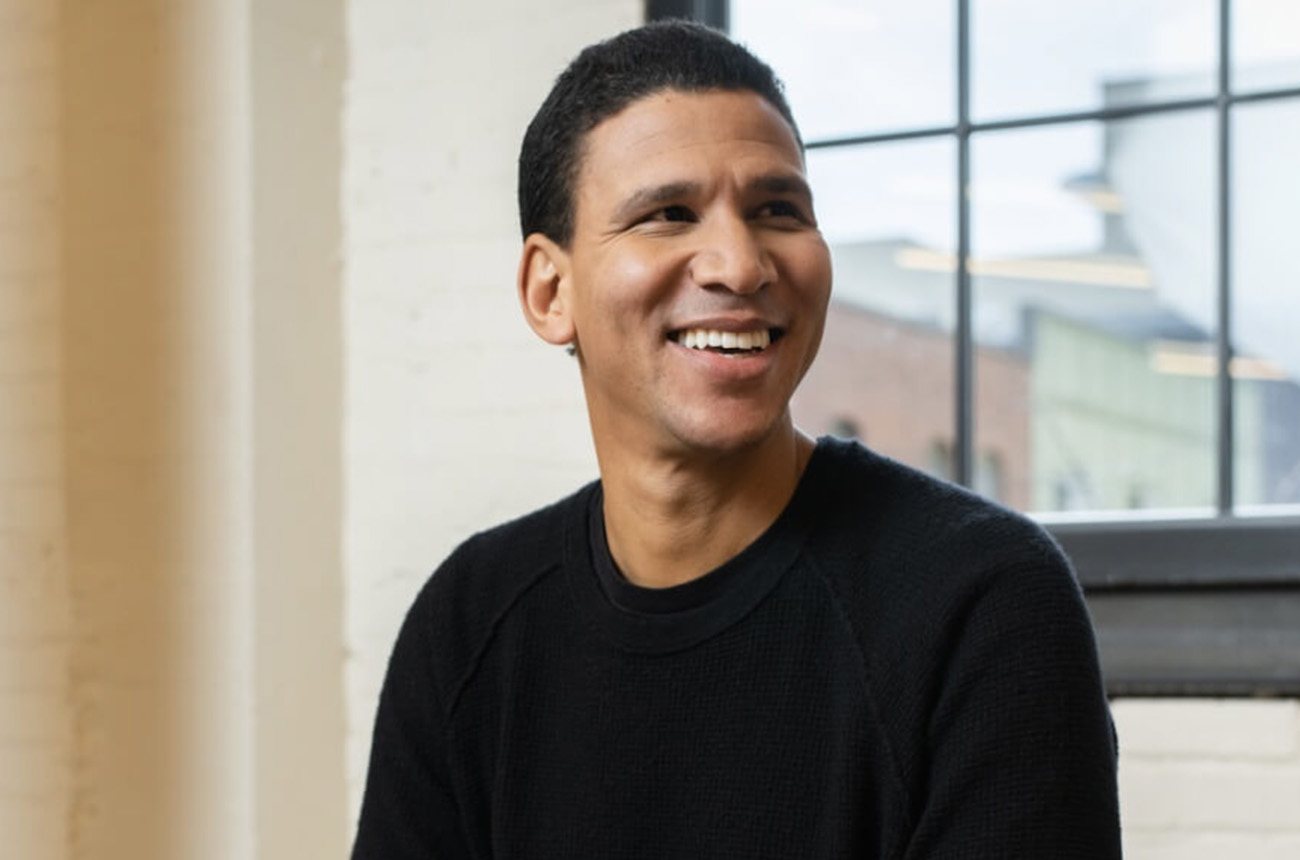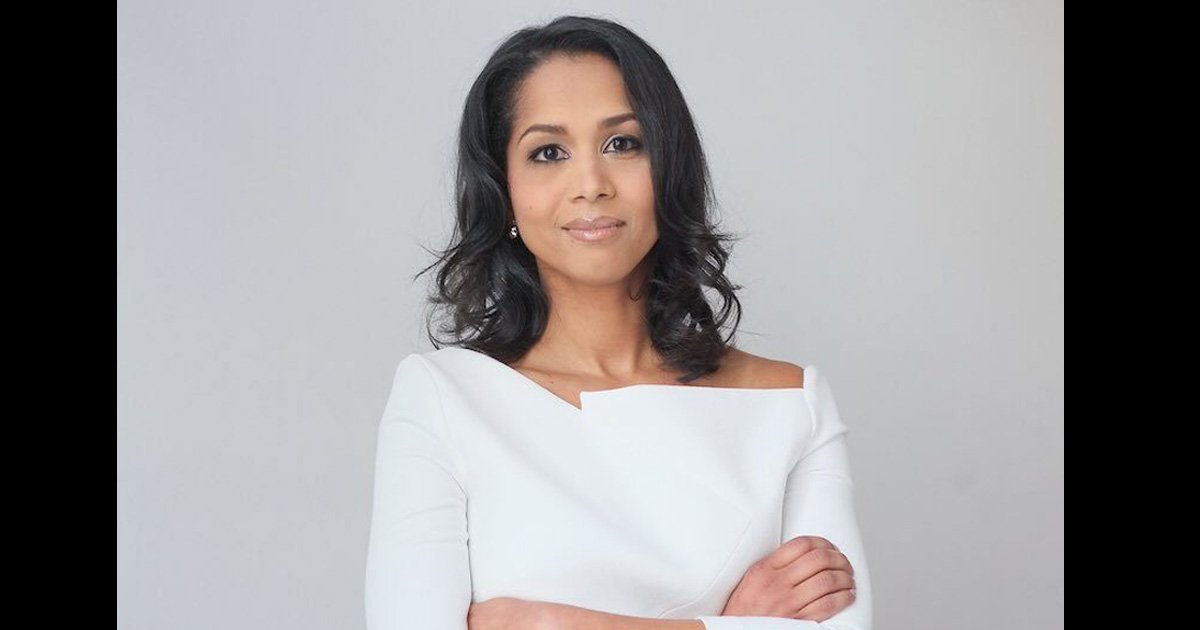After YouTube’s Q4 data for last year showed hip-hop had become the fastest growing music genre on the platform, YouTube is now adding more hip-hop acts to its YouTube Select offering, giving advertisers more opportunities to buy ads on the content now dominating engagement on the platform. “Hip-hop has been number one for a long time, it’s now being monetized and measured better in terms of not having hidden markets like mixtapes and things that chipped away at the numbers,” Tuma Basa, YouTube director of Black music and culture, told The Plug. “Things weren’t being measured as accurately as what’s happening right now.”
In 2020, hip-hop artists occupied all 10 spots for the most viewed videos in the U.S. While the company declined to reveal how much hip-hop videos generate in ad revenue, earnings data from YouTube’s parent company Alphabet indicates that there is a steady increase in year over year ad revenues from YouTube.
YouTube ads generated $8.1 billion of Alphabet’s total revenue in 2017, increasing to $11.2 billion in 2018 and $15.1 billion in 2019. The new option for advertisers to buy directly into a music lineup on the platform gives them an opportunity to directly monetize from the heightened engagement from hip-hop. Basa said the new leverage that’s been created for hip-hop artists means they now bear a responsibility to use this monetized moment well.
“It’s putting pressure on the artists to not accept every dollar and not do business with everyone, this is our power and what we can leverage. The lead that hip-hop has can be squandered too, if you get comfortable at the top and forget people at the bottom it will catch up to you,” Basa said. “If you don’t think about negative externalities and minimizing unintended by-products in this case neglect where you came from, it will catch up. Right now it’s about keeping the victors accountable,” he said.
The state of Black lives and culture, from which hip-hop comes, took center stage after the death of George Floyd last summer. It was a catalyzing moment for a number of industries to reconcile how their business can have a more positive impact on the culture. In YouTube’s case, this moment has generated a significant stream of revenue for Alphabet and advertisers.
YouTube was one of the countless tech companies that put up capital in the name of pledging their support to Black people. In June 2020, the company announced a $100 million multi-year commitment to Black creators. While the fund is sizable, all but two of the artists that brought in the most views to the platform, helping drive the billions in ad revenue, are Black. Basa said socially conscious songs proliferated in the wake of George Floyd.
“Artists that we didn’t expect to do songs about their Blackness or weren’t in that lane, all of a sudden we saw mainstream artists saying ‘I’m going to say this’. In the cultural conversation space, it became safe to say those things,” Basa said. Embracing this authenticity has paid off for artists as tech-enabled means fuels the greatest successes according to Basa.
“When I was young the way artists got that big check was going into movies, then there was the generation where doing big deals with corporations, this new generation is something different,” Basa said. “I believe this current generation of artists are the monetization generation they know their worth, they’ve digital natives who’ve figured out these streaming services. The average person can put their beats on YouTube and eventually afford to go buy their mom a house, this is that generation.”

